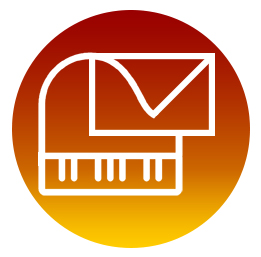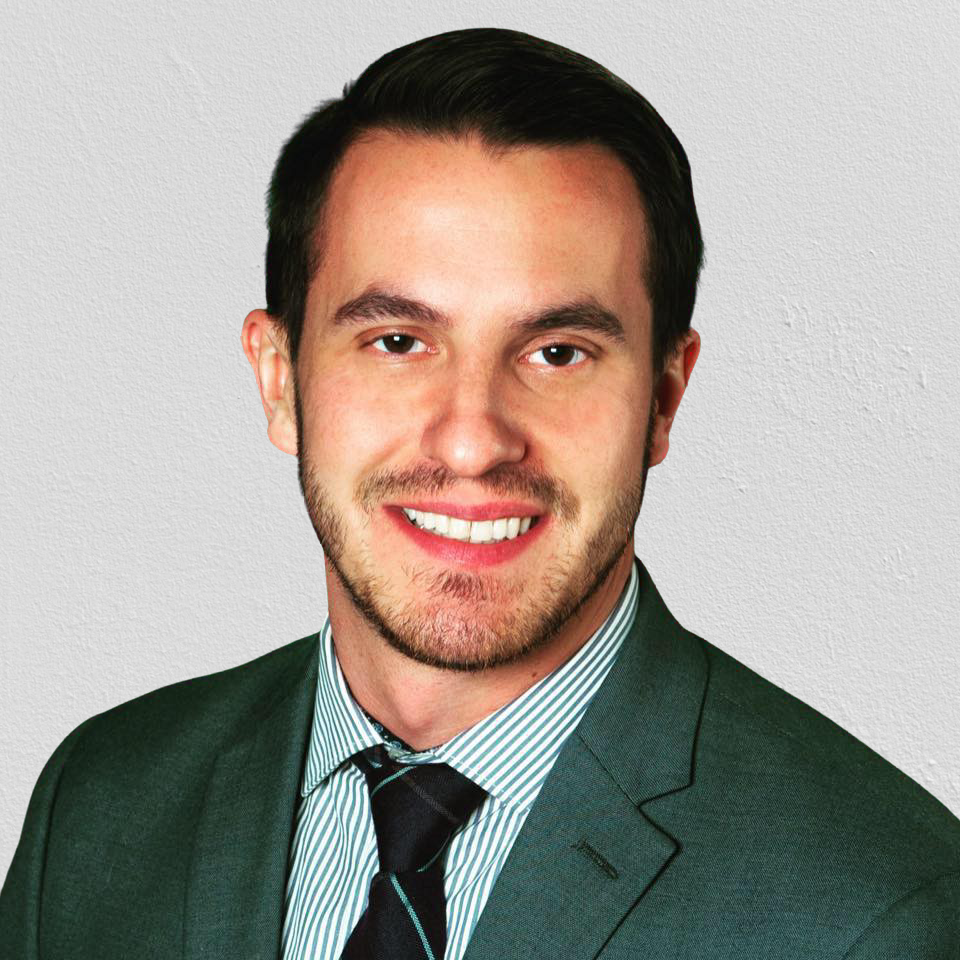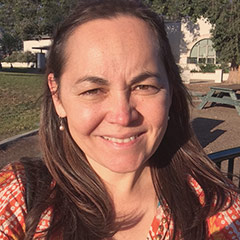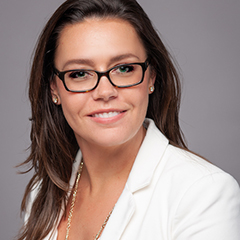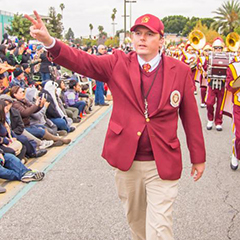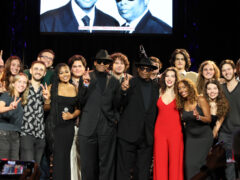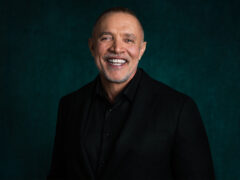
ACADEMICS
Music Teaching & Learning
USC Thornton’s Music Teaching and Learning program prepares the next generation of music educators, researchers, and leaders who are committed to reshaping the field of music education. While many programs focus primarily on K-12 public school education, our program offers a broader vision of music education by preparing musicians, educators, and change-makers for music careers in schools, universities, and community settings.
Our graduate programs integrate research, theory, and practice to examine the philosophy, sociology, psychology, and ethics of music education. Our program takes pride in extending beyond traditional teaching models by emphasizing contemporary and alternative approaches such as popular music education; culturally responsive teaching; music technology; community music and interdisciplinary methods.
Our recent alumni include university music professors, K-12 music educators, community facilitators, nonprofit directors, and curriculum consultants. Grounded in a strong commitment to critical inquiry and social justice, the Department of Music Teaching and Learning welcomes students who are passionate about reimagining music education for a diverse and changing world.

Popular Music Teaching and Learning
Music education programs have prepared elementary, middle and high school teachers to lead marching bands, choirs and orchestras. The last two decades, however, have seen an explosion of new interest from students wanting to perform in pop groups and to learn other aspects of popular music such as songwriting, guitar and digital music production.
The Master of Music in Popular Music Teaching and Learning (MM, PMTAL) balances professional practice, scholarship, and research. Develop strategies for blending informal and formal teaching approaches while enhancing your knowledge in music education research, philosophy, psychology, sociology, cultural diversity, technology, community music assessment, and more.
Graduate Programs – Music Teaching and Learning
Master of Music
Music Teaching and Learning
2 years | 30 units
The Master of Music in Music Teaching and Learning (MM, MTAL) is designed to deepen and broaden music educator’s knowledge of scholarship, research, and practice in the field. We welcome both domestic and international applicants seeking to hone their teaching practice through rigorous, evidence-based, and cutting-edge educational approaches including coursework in psychology, sociology, cultural diversity, technology, assessment, and more.
We recommend that applicants possess teaching experience in music, preferably in group settings (e.g., public/private schools, community music programs, higher education). In addition, we aim to accommodate current music educators who wish to maintain their full-time teaching positions by offering several classes in the evenings. The degree offers a seamless transition into the DMA in Music Teaching & Learning, with credit being applied for most courses taken at the master’s level. Refer to the USC Catalogue for complete course descriptions and degree requirements.
Master of Music
Popular Music Teaching and Learning
2 years | 30 units
The Master of Music in Popular Music Teaching and Learning (MM, PMTAL) is a professional degree designed to prepare graduates for emergent teaching opportunities in private, public, and community sectors through a popular music education curriculum that balances professional practice, scholarship, and research. In collaboration with Thornton’s world-famous popular music program, students complete coursework in songwriting, music production, ensemble coaching, vocal coaching, program development, and more.
We recommend that applicants possess some teaching experience in popular music, whether in classrooms or in private studios. In addition, we aim to accommodate current music educators who wish to maintain their full-time teaching jobs by offering several classes in the evenings.
Refer to the USC Catalogue for complete course descriptions and degree requirements.
Graduate Programs – Community Music
Master of Music
Community Music
2 years | 30 units
The Master of Music in Community Music degree is designed to meet the growing demand for musician-educators working in community settings. In the 2-year program, students will gain skills and experience to function in a variety of community roles: as teachers, teaching artists, and facilitators and administrators who guide the music-making of others. The degree provides a natural avenue to become involved in wide-ranging community programs across Los Angeles and, in particular, the USC Thornton Community Engagement Programs.
Refer to the USC Catalogue for complete course descriptions and degree requirements.
Doctoral Programs
Doctor of Musical Arts
Music Teaching and Learning
68 units
The Doctor of Musical Arts in Music Teaching and Learning (DMA, MTAL) is designed for students who wish to teach music education at the collegiate level and either conduct scholarly research in music education, serve as a music teacher educator, or both. As a professional degree, the DMA combines both research and practice through coursework in education, psychology, sociology, philosophy, cultural diversity, technology and more. We pride our program in extending beyond traditional models of school music education by emphasizing alternative and contemporary approaches to teaching – including culturally responsive teaching, community music, interdisciplinary teaching models and so on. Students have the ability to tailer the degree to their professional interests by working toward a scholarly dissertation or creative project. In addition, students choose three additional fields of study, one of which may be outside the school of music.
We welcome applications from domestic and international students who possess teaching experience in music, preferably in group settings (e.g., public/private schools, community music programs, higher education). In addition, we aim to accommodate current music educators who wish to maintain their full-time teaching jobs by offering several classes in the evenings.
Refer to the USC Catalogue for complete course descriptions and degree requirements.

The four-semester degree includes study in educational theory, progressive methods in pedagogy, applied music instruction, and entrepreneurship as well as a practicum which engages students with one of our many community partners in Los Angeles.
Spotlights
see allNews
-
William J. Coppola published “Egotism, Elitism, and the Ethics of Musical Humility” with Oxford University Press
-
Music Teaching & Learning faculty and students featured in conferences
-
Chrysa Kovach profiled in Vanderbilt Magazine
-
Beatriz Illari and Lynne Snyder explore AI’s influence on music listening habits
